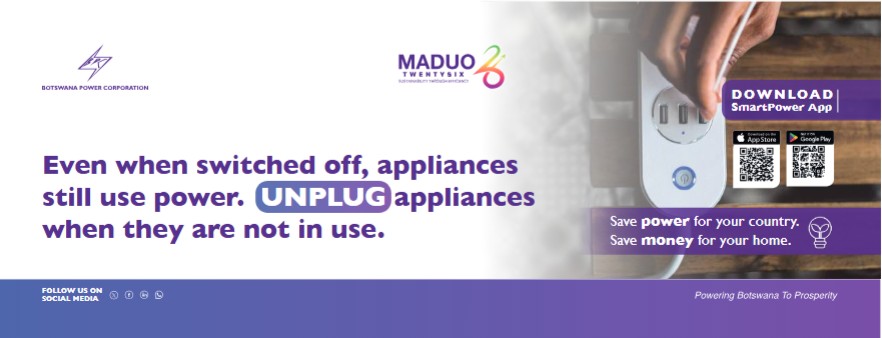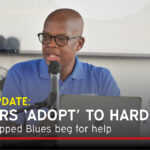The collapse in the Uranium market due to the over-supply of the mineral has led to the Serule Uranium project failing to take off, parliament has been told.
Mineral Resources, Green Technology and Energy Security Minister, Lefoko Moagi says in addition to the market collapse, the situation was worsened by the Nuclear Power Station accident in Japan in 2011 which led to most countries closing most of the older nuclear plants.
This was after Kanye North Member of Parliament (MP), Thapelo Letsholo asked the Minister to state companies that have been awarded uranium mining licenses in Botswana and to state where and when they are starting production.
In response the minister told the House that in 2016, A-Cap Resources was given a Mining License to mine uranium near Serule, however, due to the depressed market, the company did not start production as initially planned in 2018.
The mine was expected to produce 3.75 million pounds of the mineral with an anticipated lifespan of nine to 18 years.
A-Cap was, according to Moagi, expected to create around 400 jobs, ranging from mining engineers, geologists, mineral processors, environmental and safety practitioners, various technical and artisan cadres, supporting functions like finance, human resource, and Information, and Technology.
AS there are concerns regarding the safety of uranium to health and the environment, Moagi said the mining of this mineral is done under stringent conditions.
“Uranium mining and processing requires stringent safety and security protocols due to possible adverse impact to human health when exposed to radiation,” said Moagi, adding that the mineral can be mined through both surface and underground mining.
Botswana boasts one the largest undeveloped uranium deposits which have been discovered around the Serule area with reserves estimated at 74.7 million pounds.
Although not the biggest, Moagi said it is among the world’s largest undeveloped uranium deposits.
The country falls behind countries with the biggest uranium deposits such as Kazakhstan, Australia, Canada, China, South Africa, and Russia.














